
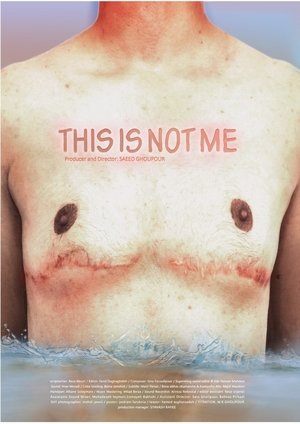
This Is Not Me(2022)
Iran is the only country in the region to recognise trans people (any other LGBQ+ identity is banned). Both Shervin and Samar offer a glimpse into what life is like for trans youth, who despite loving and supportive parents are forced to live covert lives, shy away from their neighbours and even consider emigration, in order to be who they truly are. One of the many heartrending scenes in this documentary features one of the boys, fully clothed on the beach and yearning to go swimming, while the other shouts at his parents, asking whether his father is also forced to wear a headscarf. This is Not Me is a detailed depiction of the legal and social labyrinth that promises a slim aperture of freedom.
Movie: This Is Not Me
Top 2 Billed Cast
Shervin
Saman
Video Trailer This Is Not Me
Similar Movies
 7.0
7.0The Sound of Identity(en)
In the spotlight of global media coverage, the first transgender woman ever to perform as Don Giovanni in a professional opera, makes her historic debut in one of the reddest states in the U.S.
 9.0
9.0The Last Days of Winter(fa)
The Last Days of Winter is an Iranian television documentary series directed and written by Mohammad Hossein Mahdavian, which aired on IRIB TV1 from 28 September to 6 December 2012 for 10 episodes.
 6.4
6.4Stay on Board: The Leo Baker Story(en)
Celebrated skateboarder Leo Baker shares the details of their rise to fame and the clash between their career and self-discovery as a trans person.
 7.0
7.0Sheep Among Wolves: Volume II(en)
Today, Iran's aggressive posture and rogue nuclear weapons program are straining the patience and nerve of the international community. With Iranian fighters, funds, and strategic weapons flooding into the Middle East, significant war appears inevitable. Meanwhile, something surprising is taking place inside this controversial country. Muslim-background Iranians are leading a quiet but mass exodus out of Islam and bowing their knees to the Jewish Messiah—with kindled affection toward the Jewish people. The Iranian awakening is a rapidly reproducing discipleship movement that owns no property, no buildings, has no budget, no 501c3 status, and is predominantly led by women. THIS IS THEIR STORY.
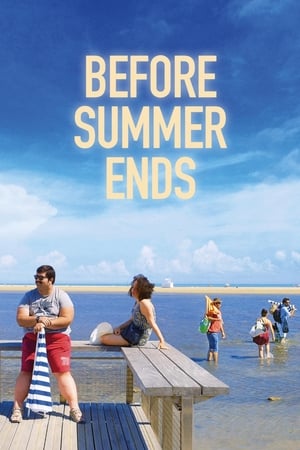 6.2
6.2Before Summer Ends(fr)
After five years studying in Paris, Arash has not adjusted to life there and has decided to return to Iran to live. Hoping to change his mind, his two friends Hossein and Ashkan convince him to take a last trip through France.
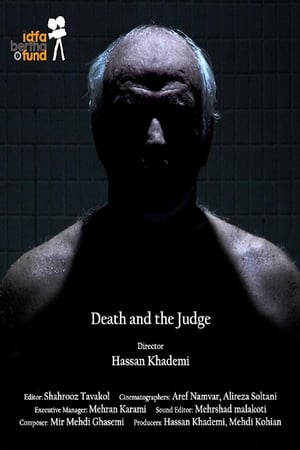 7.0
7.0Death and the Judge(fa)
The documentary, " Death and the Judge", revolves around Iran's most famous criminal judge, Azizmohammadi. He served as a criminal judge for 45 years and issued about 4500 death sentences; a record in not only Iran, but also the world. This documentary looks into his personal and professional life as he is followed within his home with his family, in the court of law, and in his retirement days. The ultimate purpose of the documentary is to deduce the role of death in the judge's life as he either takes life away from criminals or death comes to his loved ones. During his retirement, he is once again given the choice between the life and death of a person, despite no longer being a judge.
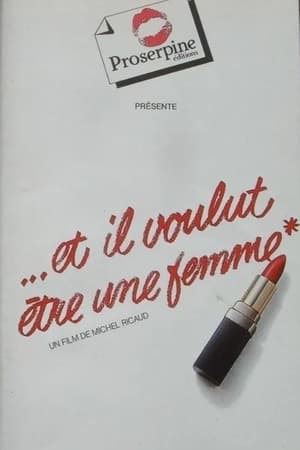 1.0
1.0Et il voulut être une femme(fr)
A look on transvestites and transsexuals in early 80's Paris. The documentary focuses on Elisa, a Brazilian transvestite and ends with a filming of a surgical operation male to female.
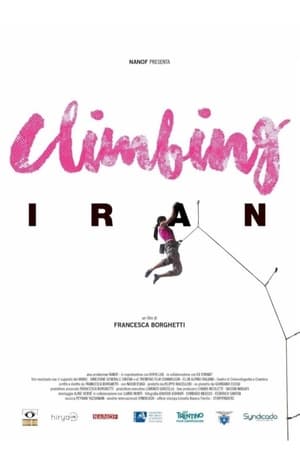 8.0
8.0Climbing Iran(it)
Nasim is a free climber, the only woman able to open new routes in Iran. She’s facing a double mountain to climb, both physical and cultural, as her passion collides with the strict policies concerning women freedom in her country. And she has a dream: open a new route in the Alps.
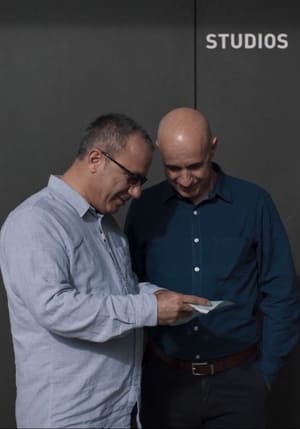 10.0
10.0Slowly Forgetting Your Faces(de)
Two men, the hint of a sofa corner and a pile of letters. Using minimalist means, the film tells the story of two brothers caught between exile in a foreign country and resistance in the underground. It takes us back to the time when the revolution seized power in Iran and tells of life between the fronts. Daniel Asadi Faezi sketches the story of his father and his brothers - based on correspondence that has lain in the cellar for 30 years.
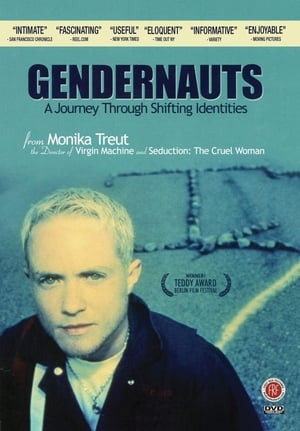 6.8
6.8Gendernauts: A Journey Through Shifting Identities(en)
Monika Treut explores the worlds and thoughts of several female to male transgendered individuals. As with Treuts first film, Jungfrauenmaschine, Gendernauts, enters a minority sector of San Fransisco culture. The characters in this film have a lot to complain about, and they do. They are people whose physical appearance (female) does not match their inner sexual identity (male). The subject is pinpointed in the film independant of sexual orientation. Leave your conservative hats at the door, this is going to need your special attention.
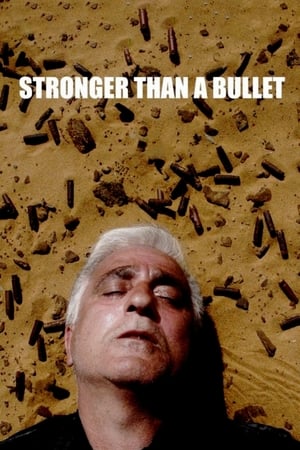 8.0
8.0Stronger Than a Bullet(en)
Iran, January 16th, 1979. Shah Mohammad Reza Pahlavi flees after being overthrown. Ayatollah Khomeini returns to Tehran and proclaims the Islamic Republic on April 1st, 1979. In the same year, Saddam Hussein seizes power in Iraq and, after several border skirmishes, attacks Iran on September 22nd, 1980, initiating a cruel war that will last eight years. Since its outbreak, correspondent Saeid Sadeghi documented it from its beginning to its bitter end.
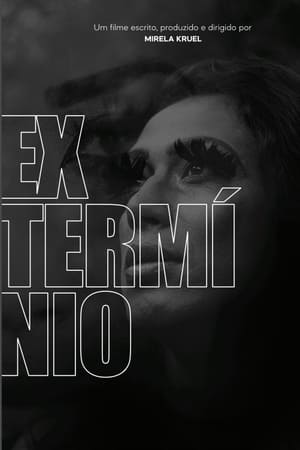 3.0
3.0Extermínio(pt)
Exterínio proposes a reflection on the lives of trans women in a city in the interior of Rio Grande do Sul, based on a murder that occurred in 2016. Memories, provocations, life stories that intersect in a plot about the difficulties of living and being trans in the interior of the country that most murders trans women in the world.
 7.5
7.51979: Big Bang of the Present(de)
Deng Xiaoping's economic and political opening in China. Margaret Thatcher's extreme economic measures in the United Kingdom. Ayatollah Khomeini's Islamic Revolution in Iran. Pope John Paul II's visit to Poland. Saddam Hussein's rise to power in Iraq. The Soviet invasion of Afghanistan. The nuclear accident at the Harrisburg power plant and the birth of ecological activism. The year 1979, the beginning of the future.
 0.0
0.0Fannizadeh(fa)
Fanizadeh documentary is about the famous actor of Iranian cinema Parviz Fanizadeh. This documentary film deals with his life and works. This documentary is based on the talks of characters from theater and cinema who worked directly with him. Among them there are Taghvai, Mehrjoui, Golestan, Kimiaiee, Nosrat Karimi, Behrouz vosoughi, Pari Saberi, etc.
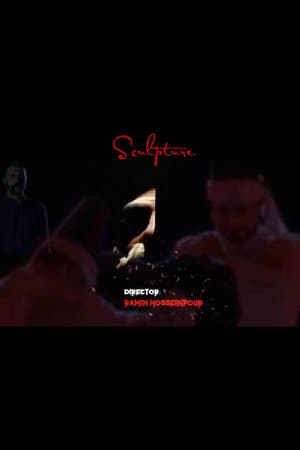 10.0
10.0Sculpture(fa)
Video art of sculpture is the real life story of Rumi (Mevlana) and Shams Tabrizi. Rumi and Shams are well known international poets of Persian language. One day, Rumi invites Shams Tabrizi to his house, Shams throws the book into the pool of water and Rumi is worried and Shams returns the book to Rumi without any trace of water. The lost half of the sculpture in the film is a representation of the same concept, in which the dance of Sama, the sculptor's mind and the role of the face are visible. "Sculpture" has won more than 57 International Awards, third place (semi-final) in called Flickers' Rhode Island International Film Festival (Academy Award ® Qualifying, BAFTA Qualifying, Canadian Screen Award Qualifying) , Crown Point International Film Festival(Chicago) ,Vegas Movie Awards,Global Shorts( Los Angeles),(US),Gold Star Movie Awards (US),One-Reeler Short Film Competition (US),Accolade Competition (US),Berlin International Art Film Festival and many other events.
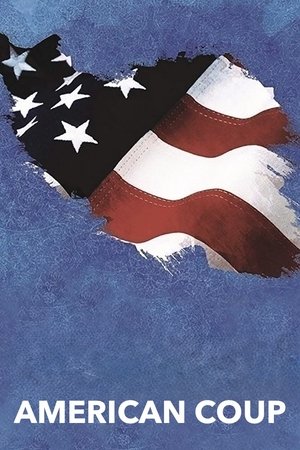 8.0
8.0American Coup(en)
AMERICAN COUP tells the story of the first coup ever carried out by the CIA - Iran, 1953. Explores the blowback from this seminal event, as well as the coup's lingering effects on the present US-Iranian relationship. Includes a segment on the 1979 Iranian Hostage Crisis and its relation to the 1953 coup. Concludes with a section on the recent Iranian presidential election. Contains interviews with noted Middle East experts and historians and prominent public figures such as Stephen Kinzer (author, All The Shah's Men), Prof. Ervand Abrahamian, Trita Parsi, Col. Lawrence Wilkerson, Ted Koppel and Rep. Ron Paul of Texas. With Iranian cinematography by James Longley.
 4.0
4.0Where Love Lives: A Story of Dancefloor Culture & Expression(en)
Documentary by the music label Defected and its brand Glitterbox about electronic music, its beginning in New York and its importance for minorities all around the world.
 10.0
10.0Bitter Rivals: Iran and Saudi Arabia(en)
Bitter Rivals illuminates the essential history - and profound ripple effect - of Iran and Saudi Arabia's power struggle. It draws on scores of interviews with political, religious and military leaders, militia commanders, diplomats, and policy experts, painting American television's most comprehensive picture of a feud that has reshaped the Middle East.
 0.0
0.0Cinema Fouad(ar)
Cinema Fouad is a documentary portrait of Khaled El Kurdi, a Syrian trans woman living in Beirut, where she earns a living as a domestic worker and belly dancer. Soueid shows us scenes of El Kurdi’s domestic world: eating, applying make-up, dancing in her bedroom, all while reflecting on her life and experiences. She expresses her desire to undergo gender reassignment surgery, and mourns the death of her lover, a Palestinian freedom fighter. She often alludes to the aggressions she faces outside of her home, and through her adept defiance in the face of some of Soueid’s more goading questions, we recognize the echoing of these aggressions in his role as interviewer.